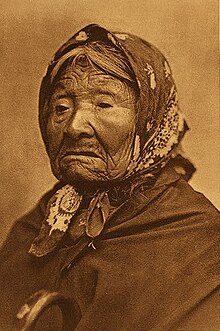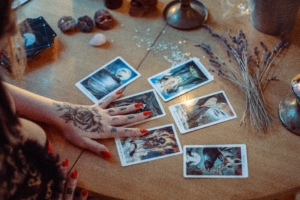Day 18: My Writing Acrostic
I learned some things from this prompt, from POETRYisEVERYTHING — so I thought I’d share it on my blog. (I didn’t know that acrostics occur in Proverbs, Psalms, and Lamentations.) You’ll find my acrostic at the end.
PROMPT 18 – Acrostic Poem
Relatively simple acrostics may merely spell out the letters of the alphabet in order; such an acrostic may be called an ‘alphabetical acrostic’ or Abecedarius. These acrostics occur in the first four of the five songs that make up the Book of Lamentations, in the praise of the good wife in Proverbs 31, 10-31, and in Psalms 9, 10, 25, 34, 37, 111, 112, 119 and 145 of the Hebrew Bible.[3] Notable among the acrostic Psalms are the long Psalm 119, which typically is printed in subsections named after the letters of the Hebrew alphabet, each of which is featured in that section; and Psalm 145, which is recited three times a day in the Jewish services. Acrostics prove that the texts in question were originally composed in writing, rather than having existed in oral tradition before being put into writing.
Acrostic poetry was very common in medieval literature and often served to highlight the name of the poet or the patron who paid him. They were also used to make a prayer to a saint. You’ll find alphabet acrostic poems which are called Abecedarius poems in the first four of the five songs that make up the the Book of Lamentations. They praise the good wife in Proverbs. There are many Acrostic Psalms, the most notable is the very long Psalm 119 where each section is named after the letters of the Hebrew alphabet.
In Lewis Carroll’s Through the Looking-Glass, the final chapter “A Boat, Beneath A Sunny Sky” is an acrostic of the real Alice’s name: Alice Pleasance Liddell. (Good trivia question to ask: What’s Alice’s full name….).
The Poem begins….
A boat, beneath a sunny sky
Lingering onward dreamily
In an evening of July –
Children three that nestle near,
Eager eye and willing ear,
. . . and the poem continues from there…
When the muse moves you,
Runs her hands through your hair, pours
Ice down your spine,
Tickles you until you cry —
It isn’t her call what happens next. It’s yours.
Now is the moment in which to
Gallop in the direction of your dreams.




 You thought the fool a fine tarot for marriage
You thought the fool a fine tarot for marriage